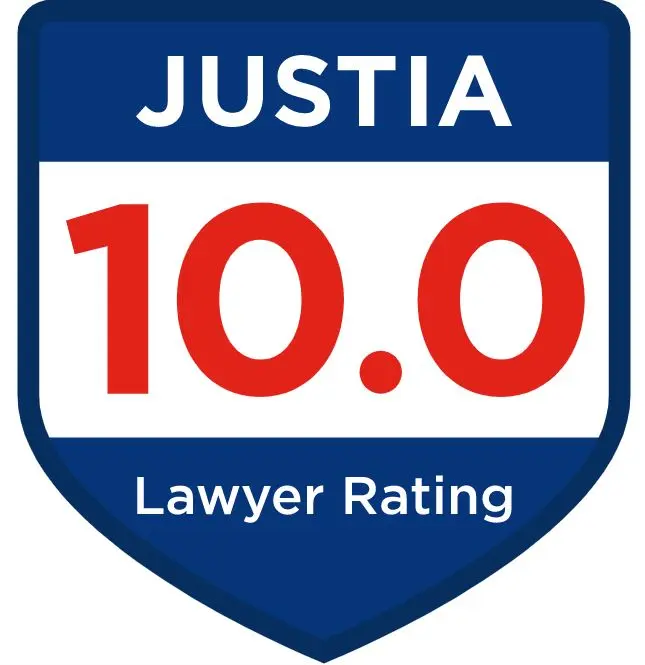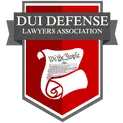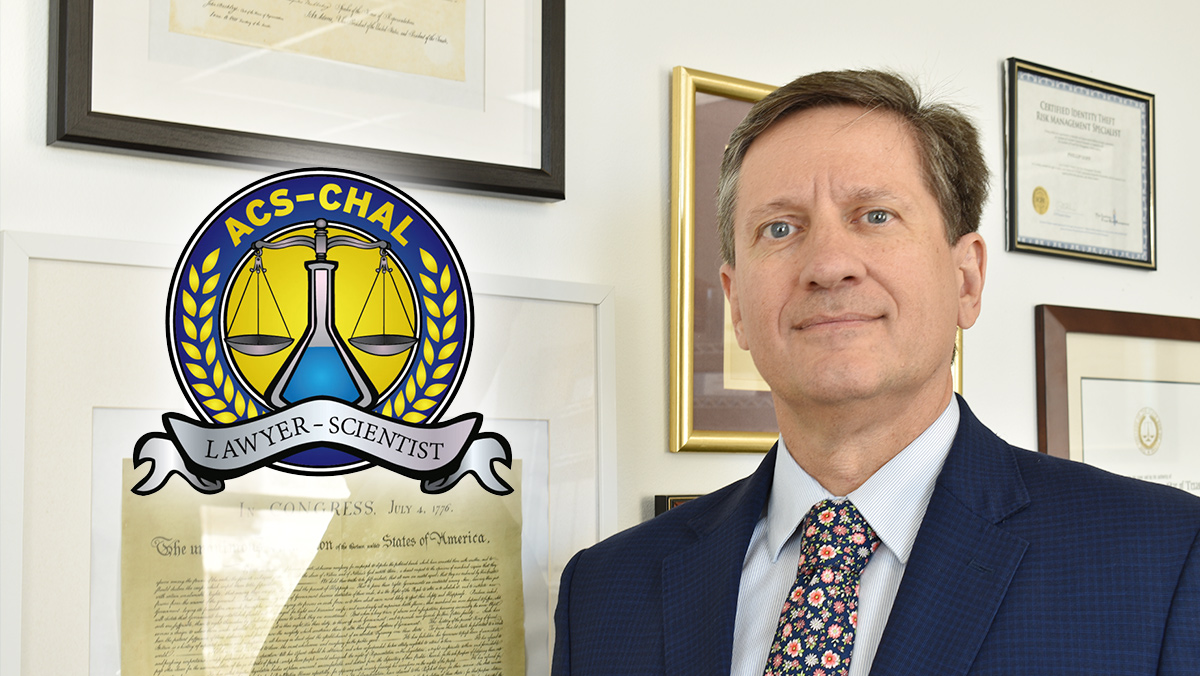No one made me become a Lawyer-Scientist. I chose to do it. Why? Simply put, I feel I owe it to my clients. That makes me willing to go out my way to do what few lawyers will do. Only 100 or so of America’s more than 1.3 million attorneys are Lawyer-Scientists .
What I do for a living has lifelong impacts on my clients and their loved ones. I take my work seriously. By choosing to hire me, my clients put a great deal of trust in me.
My clients’ futures hang in the balance after being arrested for DWI. My role is to be a trusted guide during a critical point in their lives, and I take that seriously. I want my conscience to be clear that I am up to the responsibility entrusted to me.
When my clients’ cases have concluded, they live with the results forever. I want them to look back at hiring me as a great decision, so I’m motivated to equip myself with the best tools available, and that’s where being a Lawyer-Scientist is important.
Trends in DWI Evidence Demand Expertise in Blood Analysis
Blood testing has exploded in popularity in law enforcement over the last 5-10 years. Many agencies which formerly used breath testing for decades have all but abandoned it. If you are arrested now, you can expect your blood sample to be used against you. You can’t be forced to provide a breath sample, but the same isn’t true of a blood sample. Armed with a warrant, cops can strap you down and stick a needle in your arm.
Many agencies have almost entirely gone to blood testing. At least some of those in law enforcement do so because they believe most lawyers will simply give up when faced with an unfavorable blood test result. I hate to agree with them, but they’re right. I’m not one of those lawyers, though.
Lawyers are generally not scientifically or mathematically inclined. Few of my lawyer peers have backgrounds in either of those fields. Judges hearing the cases come from the same pool of lawyers, so they know no more than the lawyers who practice before them.
It should therefore be no surprise judges routinely allow expert testimony and other evidence presented by the state, regardless of its reliability. Sham evidence and fraud have masqueraded in courts as forensic science for many years. This isn’t just argument by a defense lawyer; it’s documented fact. That fact demands lawyers to be capable of understanding and explaining what they are fighting.
An attorney facing scientific evidence in a DWI case must be able to effectively counter a state’s witness. Without a clear understanding of the scientific principles involved, a lawyer cannot competently question an expert witness, even a witness for the defense.
If the only person in the courtroom who has a clue about scientific testimony is the state’s witness, what chance does the accused have? Jurors will end up hearing and seeing the state’s evidence after a clumsy challenge or no challenge from the defense lawyer. A lawyer who doesn’t understand the science may wind up helping the state convict the accused.
Some Context for Scientific Training
I’m writing this a few weeks after I finished the Axion Labs training and earned the American Chemical Society Lawyer-Scientist designation. It’s my latest effort to make sure I represent my DWI clients in a professional and thorough manner, but it’s not my only such effort. I do so continuously and have for many years. I’ve also finished a major program similar to the Lawyer-Science curriculum.
Drunk driving defense lawyers have two major organizations in the United States: The National College for DUI Defense (NCDD) and the Driving Under the Influence Defense Lawyers Association (DUIDLA). I belong to both organizations because I don’t want to miss anything important about defending my clients. Many lawyers belong to only one of these competing organizations. What they offer is frequently similar, but not exactly the same. Both groups offer major courses in blood analysis and legal advocacy.
Each group’s premier blood analysis training programs require four separate extensive sessions in various locations. NCDD required me to go to four trainings, one each in Texas, Louisiana, Colorado, and California. DUIDLA required me to go to Axion Labs in Chicago for four separate courses. Some lawyers take years to complete those four courses, but I chose to dedicate myself to finishing each training as soon as possible after starting. The trainings share traits, in that both have components of science and court advocacy.
Out-of-pocket costs for each course are significant, encompassing travel, lodgings, expenses, and tuition. I spent a total of approximately $50,000 in 2016 and 2023 on these two programs. I also had to miss roughly a month of work for each curriculum, which is an indirect cost. I consider it all the cost of doing my job well.
Unsurprisingly, few lawyers have done what I’ve done. Only 10 lawyers have graduated from both the NCDD and DUIDLA trainings.
I’ll Keep Improving
Trying to better myself is so ingrained in me, I don’t think I could stop, nor do I want to stop. Learning new things and seeking out challenges are important parts of my personal identity. They carry over into my professional life. Earning the title of Lawyer-Scientist is meaningful to me because it’s a reminder I have taken significant strides toward better outcomes for my clients and their futures.









